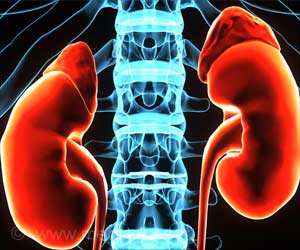Very little research has been conducted on the effect of music on menopause symptoms. Most studies have focused on other alternative treatments such as hypnosis, cognitive-behavior therapies, meditation, and mindfulness.
The idea that music has a healing effect is not new. Rather, it is rooted in ancient cultures that believed music could heal the body and soul.
Music stimulates the secretion of certain neurotransmitters, including dopamine, serotonin, endorphins, and the hormone oxytocin while decreasing the level of circulating stress hormones such as cortisol. These substances play a role in blood pressure, as well as heart and respiratory rates.
Multiple studies show that women may have an increased risk of depression during the menopause transition compared with the premenopausal period.
Prior studies have shown that music therapy has helped to improve depressive symptoms in patients with severe psychotic and nonpsychotic mental disorders. Music therapy has also been shown to help prevent postpartum depression.
Until now, however, no known study has investigated the effects of music therapy on menopause symptoms and the risk of depression in menopausal women.
Based on the results of this study, researchers concluded that listening to music can significantly decrease depression scores and help to reduce the symptoms of menopause in postmenopausal women.
These results suggest that music therapy has the potential beneficial effect of an easy-to-implement, low-cost, low-tech, and low-risk intervention such as for menopause symptoms, particularly mood symptoms.
Although additional research is needed to confirm these findings in larger study populations, there is little downside to adding music therapy to our armamentarium for menopause symptom management.
Source: Medindia



